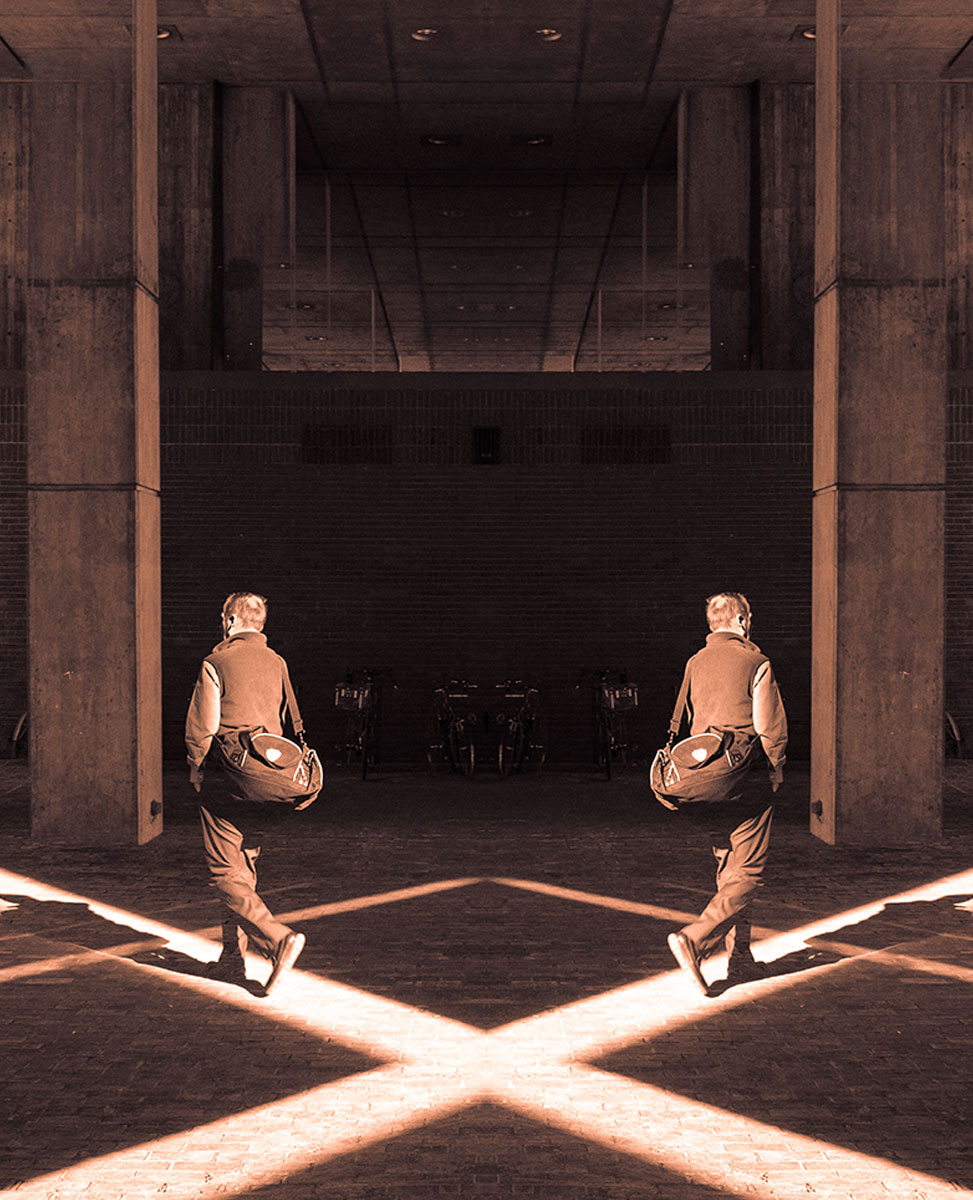The Epistemology of Expertise: New Directions
The Epistemology of Expertise: New Directions
The third AEP workshop will be on the epistemology of expertise. It will be held on August 30-31, 2024 at UNC Chapel Hill, and feature talks by Cory Clark (Business/Psychology, Penn), Heather Douglas (Philosophy, Michigan State), Reiner Grundmann (Sociology, Nottingham), Jennifer Lackey (Philosophy, Northwestern), Alfred Moore (Politics, York), Thi Nguyen (Philosophy, Utah), Joe Roussos (Philosophy, Institute for Futures Studies, Stockholm), and Gale Sinatra (School of Education, USC).
We are currently soliciting applications for respondents; the call is here with a deadline of April 30th.
Workshop description: It’s a truism of the moment among the intellectual classes both that people should heed the testimony of experts and that they generally don’t do so enough. Nevertheless, the last couple of decades have seen significant controversies about expertise and deference to experts emerge in both the philosophical and social-scientific literature. Questions that have been explored include: is deference to experts sometimes problematically in tension with intellectual autonomy? Should the testimony of experts “screen off” or “preempt” our other reasons for belief, or not? Can ordinary people form justifiably identify experts so as to defer to them? Are there experts about moral matters, and if so, is there nevertheless something problematic about deference to them?
This workshop will bring together philosophers and social scientists to both push forward work on these established questions and also examine some other, somewhat less well-explored questions about expertise, for example:
- How should we understand the notion of an ‘expert’ in the first place?
- What are the potential pathologies of experts, and how does the possibility of such pathologies affect the rationality of deference to experts?
- Could deference to experts perpetuate epistemic injustice, when the experts disproportionately come from privileged groups?
- Does deference to experts conflict in any way with democratic ideals?
- What practical measures can we take to encourage ordinary people to defer to experts more appropriately? What works and what doesn’t?
- What should we teach students in educational settings, including K-12 education, about how to handle expert testimony?

